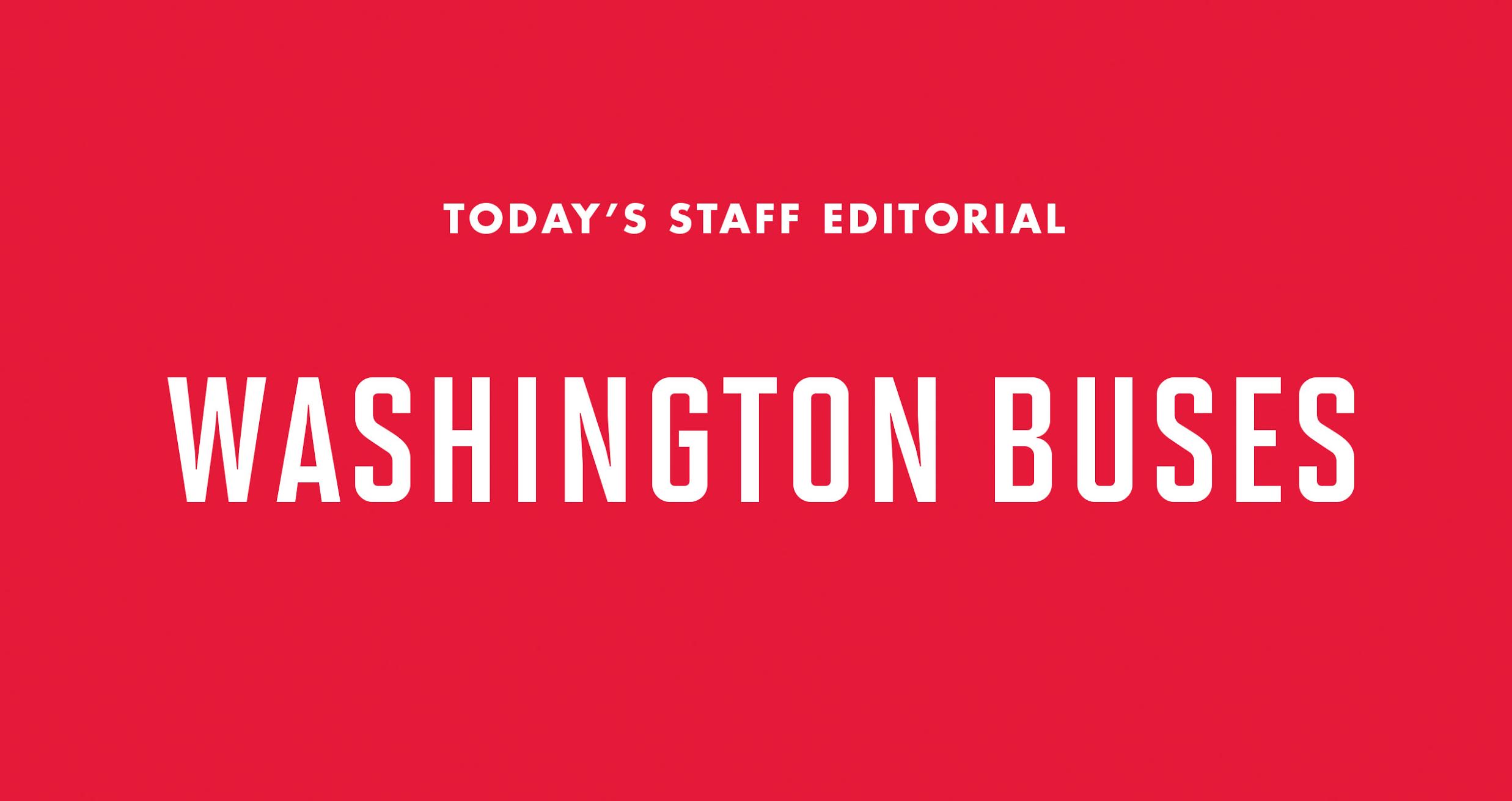By now, you may have heard that Metro stations will be closing or single-tracking at various times throughout the next year for repair work. This includes the College Park and Greenbelt Metro stations, among others along the Silver, Blue, Orange, Yellow and Red lines. And while the College Park Metro Station’s repairs should be finished in time for the fall semester, other stations — specifically NoMa-Gallaudet U to Ft. Totten — will close for weeks on end, maybe longer if repairs are not finished by the times the Washington Metropolitan Area Transit Authority anticipated. A midnight closing time will also be in effect seven days a week starting June 3.
While the inconvenience caused by the repairs are negligible to some here at the University of Maryland, many others depend on the Metro for their daily commutes. This university’s professors, staff and students rely on the Metro not only to get to the campus, but to travel to others places as well — to go home, to work, to internships; attend classes this university offers in Washington; or take advantage of Washington’s proximity by engaging in cultural and social activities such as concerts, the thriving bar scene or visiting The Phillips Collection, which this university has a partnership with.
Prompted by these future repairs, this editorial board thinks the university’s Department of Transportation Services needs bus routes into Washington for the upcoming academic year to pick up WMATA’s slack. This needed addition to bus routes is a long time coming; it is already unfair to ask students to pay for morning commutes to Washington classes without travel stipends, but how can the university expect to maintain thriving partnerships in Dupont Circle and Capitol Hill without reliable transportation to get its students and professors there? How can the university expect to uphold its professional reputation if students can’t get to their internships on time, or if students stop applying to Washington internships because they know they won’t be able to commute to those internships without paying hefty Uber or Lyft expenses?
In addition, the weekend moratorium on late-night hours may be dangerous for students who venture into Washington at night. Though Route 1’s revitalization provides students with nightlife in the form of overcrowded bars, many underage students flee to Washington as a respite from the campus or to participate in all-ages activities that take place at night. A weekend Washington circulator would be helpful for these students, who would then be able to get home safely and reliably to the campus on such nights. It would also encourage those who do not usually travel to Washington to explore the nation’s capital.
If this university wants to uphold its “Unstoppable Starts Here” slogan, it should financially support and enable students to visit Washington in spite of transportation obstacles.



